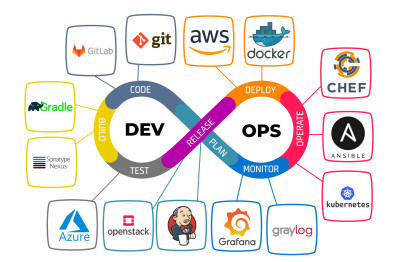Describe DevOps
Description
English
Last updated
Tue, 20-May-2025
DevOps is a set of practices, tools, and a cultural mindset that integrates software development (Dev) and IT operations (Ops) to improve collaboration, automate workflows, and accelerate software delivery. It aims to shorten the development lifecycle while maintaining high software quality and reliability.
???? Plan – Define project goals, create roadmaps, and collaborate on development needs.
???? Develop – Write, review, and manage code using version control (e.g., Git).
???? Build – Compile and package applications using automation tools like Jenkins or GitHub Actions.
???? Test – Run automated and manual tests to ensure software quality.
???? Release – Deploy applications to production using CI/CD pipelines.
???? Operate – Manage and maintain infrastructure, ensuring system stability.
???? Monitor – Continuously track performance and security metrics to improve reliability.
✅ Faster Software Releases ????
✅ Improved Collaboration ????
✅ Higher Software Quality ????
✅ Greater Operational Efficiency ⚙️
✅ Enhanced Security ????
By adopting DevOps, organizations can innovate faster, reduce downtime, and improve software performance.




